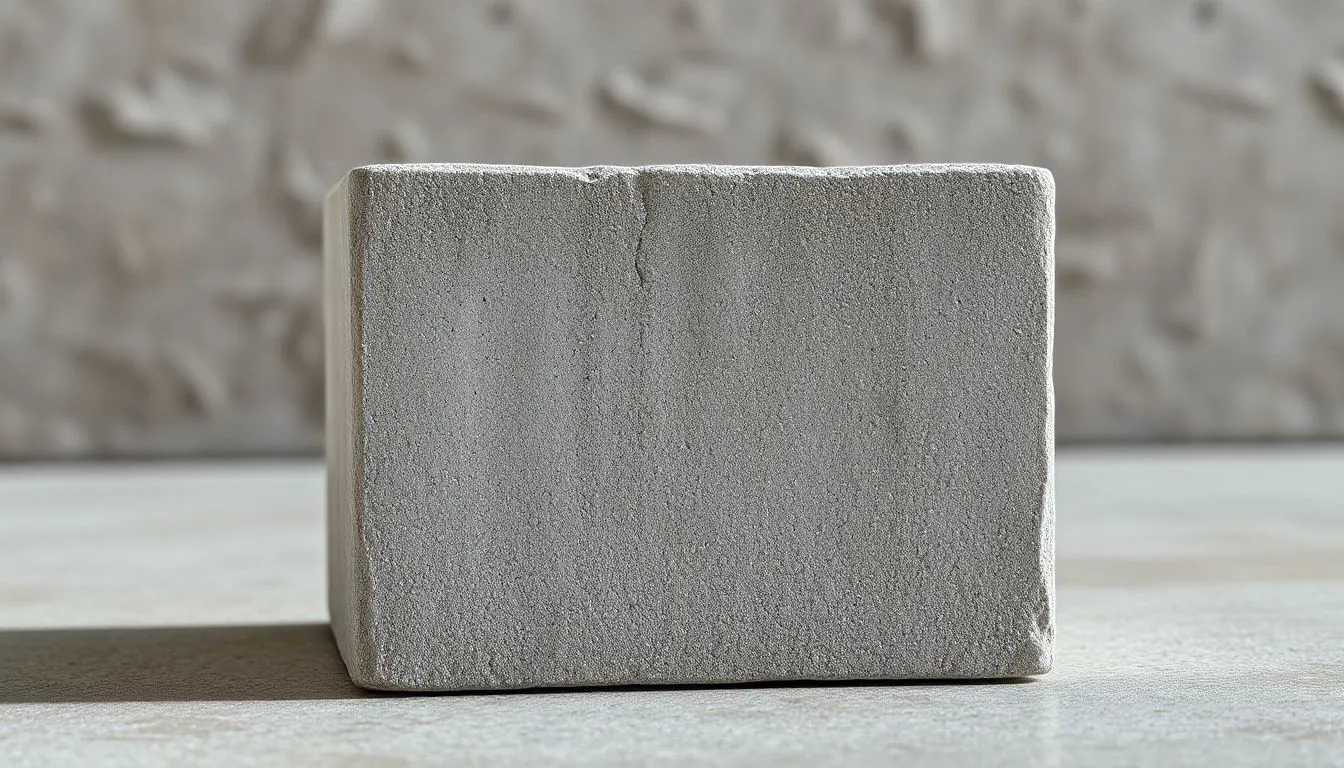Estimate Concrete Slab Weight by Thickness
When it comes to construction planning, transportation logistics, or structural engineering, estimating the weight of a concrete slab is crucial. One of the most accurate methods for calculating this is by using the slab’s thickness. In this article, you’ll learn how to estimate concrete slab weight by thickness, why it matters, and how to simplify the process with practical tools like concrete slab weight calculators.
Why Estimating Concrete Slab Weight Matters
Knowing how heavy a concrete slab is can help with:
-
Structural load calculations
-
Transportation safety
-
Crane or hoist planning
-
Cost estimation for demolition or installation
-
Foundation and subgrade preparation
Accurate estimation ensures compliance with building codes, prevents overloading, and avoids unexpected project costs.
How to Figure Out the Weight of a Concrete Slab Based on Its Thickness
Use this simple calculation to figure out how much a concrete slab weighs:
Weight (lbs) = Length (ft) × Width (ft) × Thickness (in) × 12 × 150 ÷ 1728
Where:
-
150 lbs/ft³ is the average density of concrete.
-
The result will be in pounds (lbs). To convert to tons, divide the result by 2,000.
Example:
A slab 10 ft long, 10 ft wide, and 6 inches thick:
10 × 10 × 6 × 12 × 150 ÷ 1728 = 5,208 lbs, or 2.6 tons
Standard Weights by Thickness (Per Square Foot)
| Thickness | Weight per Sq Ft |
|---|---|
| 4 inches | ~50 lbs |
| 5 inches | ~62.5 lbs |
| 6 inches | ~75 lbs |
| 8 inches | ~100 lbs |
| 12 inches | ~150 lbs |
Use this table as a quick reference when planning small slabs or surfaces.
Concrete Slab Weight Calculator
To simplify the process, you can use our Concrete Slab Weight Calculator — a fast, free tool to estimate concrete weight based on slab dimensions and thickness.
✅ Input your dimensions
✅ Choose thickness
✅Get results right away in pounds and tons
Factors That Can Affect Concrete Slab Weight
-
Aggregate Type: Lightweight concrete weighs less than standard mixes.
-
Moisture Content: Wet concrete is heavier than dry.
-
Reinforcement (Rebar): Increases the total weight of the slab.
-
Air Entrainment: Reduces density slightly.
Understanding these variables ensures you’re not underestimating or overestimating your slab’s load.
External Tools & Resources
-
Concrete Construction Magazine – Learn about concrete innovations
-
National Ready Mixed Concrete Association (NRMCA) – Official industry guidance
-
ASCE.org – Structural engineering standards
Related Tools on AsphaltCalcApp
Conclusion
Estimating the weight of a concrete slab by thickness is essential for smart project planning and structural safety. Whether you’re pouring a new patio or transporting precast panels, knowing how to calculate slab weight ensures your work stays efficient and compliant. Use tools like our concrete slab weight calculator for accurate results in seconds.

